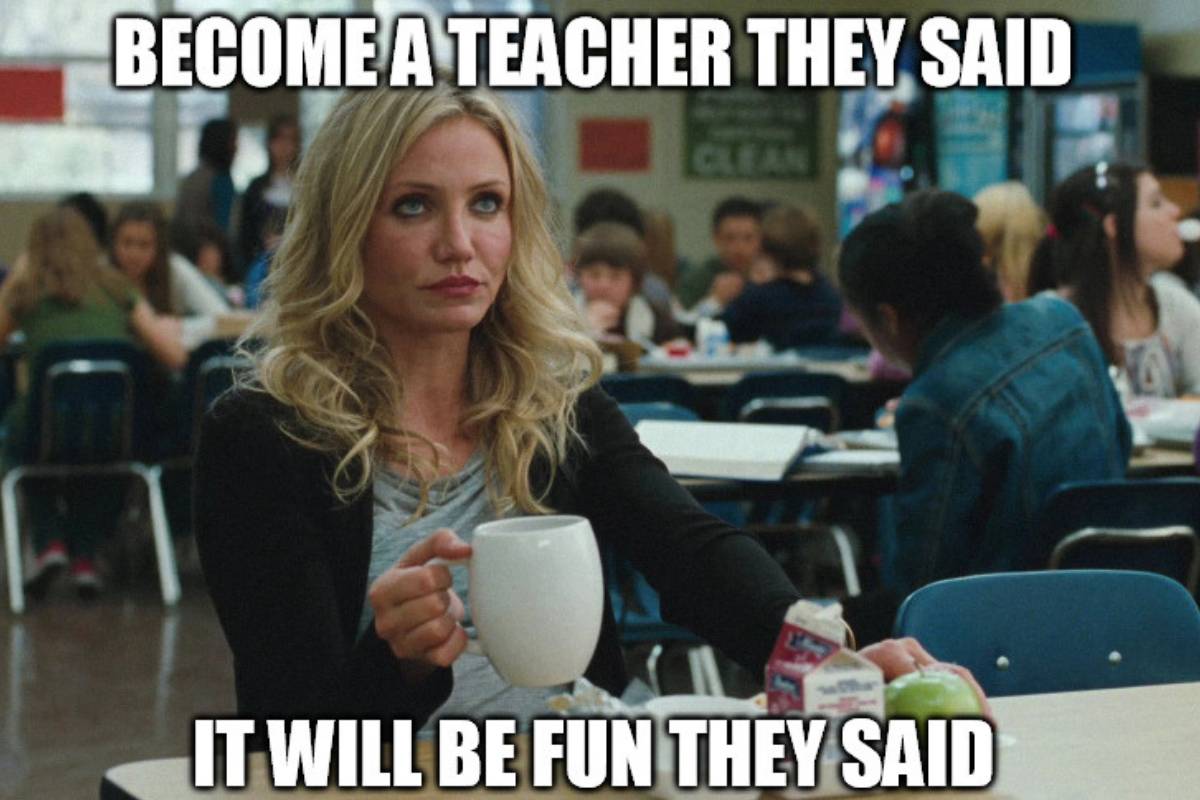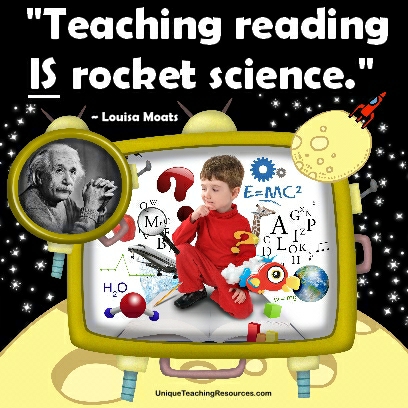No products in the cart.

The Teaching Profession: Time to Pick Ourselves Up and Dust Ourselves Off
Before I decided to become a teacher, I tried my hand as a travel agent. The idea of travel and exotic places as a career really excited me and I, at age 18, enthusiastically entered the vocation with ideas of glamour and adventure.
The reality, however, was a little more sobering. Most of my time as an agent was about sending other people on exotic adventures, while I, remained behind the desk, on a telephone and computer ensuring nothing went wrong. My working week was consistently mundane and predictable. I was due in at 8am and clocked out at 5pm. I had a series of jobs that needed doing in the morning and a series of wind-down jobs as we closed the shop at night. I had a responsibility to report to my boss, provide information about my clients, ensure sales targets were met and make sure I wasn’t putting anyone in danger, or at the very least sending someone somewhere without the appropriate visa or legal documentation.
Life was predictable, consistent, non-creative, and boring. The most exciting responsibility I had was to come up with a new window display to encourage people it was time, in the middle of winter, to book a holiday to the tropics.
So I decided to answer the call to teaching – a call I had been ignoring for a significant amount of time. My rationale for becoming a teacher – life was never dull, never predictable and working with children allowed me to be creative and imaginative, and to have fun in my profession. Being a teacher would not only challenge me but provide me with academic stimulation, as I was a learner in the journey of life just as much as those learning alongside with me.
And this rationale was very much answered when I entered the teaching profession as a beginning teacher almost two decades ago. Within the structure of a profession that asks for and should have accountability, I was able to be autonomous in my style of teaching. My methods of delivery were not put under a microscope, but were celebrated, by carefully considering those children who would be placed in my classroom. Children who would connect with me, and I with them. It was not a judgment call, but a recognition of my ability as a teacher to speak to some children more successfully than others. Other children were placed carefully with other like-minded teachers. There was a trust that our unique teaching methods and styles would get the job done.
The autonomous nature of the teaching profession was a big selling point for me in choosing to become a teacher. The professional trust communicated to me early on in my career allowed me to work extremely hard to be the best teacher I could be. I wanted to do the job more than well, because I enjoyed it, because I was dedicated to my students, because I wanted my management team to continue to have faith in me, and because I relished the idea of being creative and adventurous with my kids. I wanted my kids to enjoy the learning adventure just as much as I did. I achieved this in a teaching culture that did not question my every decision or every bit of assessment data. I achieved this by not feeling like someone or something was waiting for me to ‘mess up’, or slack off, or demonstrate that perhaps I wasn’t a ‘good enough’ teacher after all.
This teaching culture did not require me to teach reading at the same time as the rest of the school – just so that the school could say without a doubt reading was being taught. This teaching culture trusted that I, the professionally trained (degree-holding) educator, also believed teaching reading was fundamental to my role (let alone crucially important) and that it would happen every day (as I was trained to do).
This teaching culture did not require me to hand in my planning every week, or month, or term and microscopically examine it to identify where I may have missed a dotted i, or a crossed t, indicating I was an inept professional. Instead, I was trusted to have my plan and only needed to show it if an issue arose where we needed to reflect on a way to tackle the issue in a different way – going back to the start and looking at a creative alternative to solving a problem instead.
This teaching culture did not look for the deficits in my assessment data, raising an eyebrow if I had some (or in some cases nearly all) students ‘below’ a standard or target….as if I may have been simply slacking off that week causing thus causing the slump in the data graph. Instead, if I had a concern about the progress of a child (and yes, I was concerned as a teaching professional) I could confidently discuss these with others without fear of being judged in my teaching ability.
As I weave my way around New Zealand, working now with teachers, I am sad that this teaching culture, for many, no longer exists. This culture of professional trust and professional dignity is being eroded and replaced with one that has teachers……good teachers……looking over their shoulders and feeling devalued as trained professionals. Teachers now are being treated with distrust and contempt…..questioned by those without the knowledge or skills to be able to stand in front of a class of 30 children and get through the day while remaining sane.
The culture of standardisation, ‘outcomes’ and ‘accelerating achievement’ is sucking the very life out of a profession that draws its strength from those who can work in an environment of autonomy, creativity, flexibility, and at times mild-madness. Many teachers I meet have been working ‘on the shop floor’ for well over 30 years, and who have sound and proven skill as practitioners. They know how children learn best, and how to establish a learning culture in their room that provides the necessary conditions for children’s successful learning. And yet they express a frustration that they have lost that autonomy to be the teacher they know to work – because of the requirement to be able to justify and explain every single decision they make. This culture of mistrust is extending its tendrils across the country and into our classrooms in an epidemic manner.
Just as the standards approach sucks the very joy out of learning for our students, so too, does it suck the very joy out of teaching for our most successful and talented teachers. It does this by communicating to these teachers they are not trusted, not valued and not respected as the qualified and experienced professionals they are. We often ask our teachers, when they visit a doctors surgery and received a diagnosis – do they challenge the doctor? Do they question the doctor’s credentials, or perhaps suggest that they re-read the text book with which they consulted? When a plumber responds to the call to fix a blocked pipe – do we suggest they need to use a more appropriate tool from their tool bag, or perhaps a different diameter pipe to better do the job? Do we ask to see their rate of success on previous blocked pipes?
Why, then, are we doing this to our teachers? Why do we allow the culture of teaching to be bullied by those without the professional knowledge, academic understanding or simple courage to stand in front of a class of children on a daily basis? Perhaps its time, as a profession, we pick ourselves up, dust ourselves off and bravely challenge those challenging us. For this is what we would tell our students in the face of a bully – stand up for yourselves and be confident in your skills, talents and abilities as the trained professional you are.








Leave a Reply
You must be logged in to post a comment.